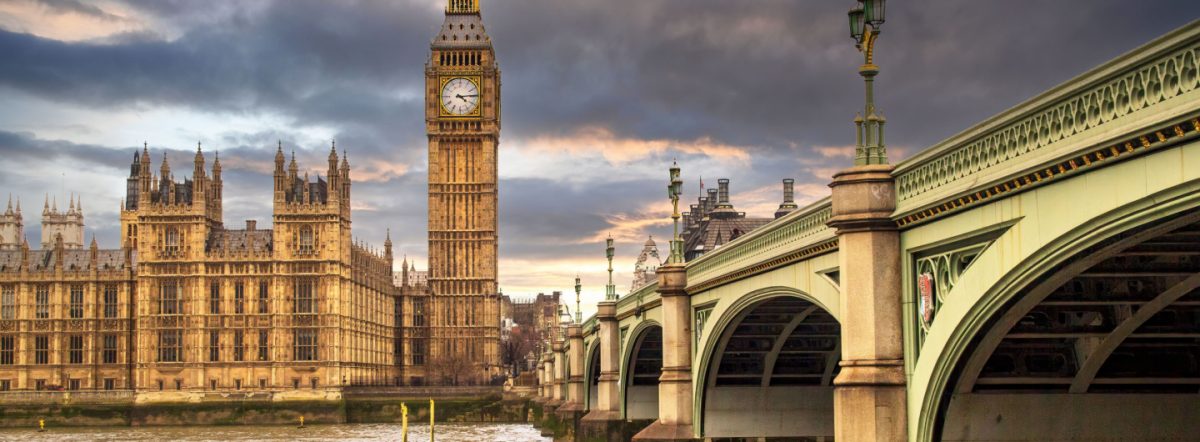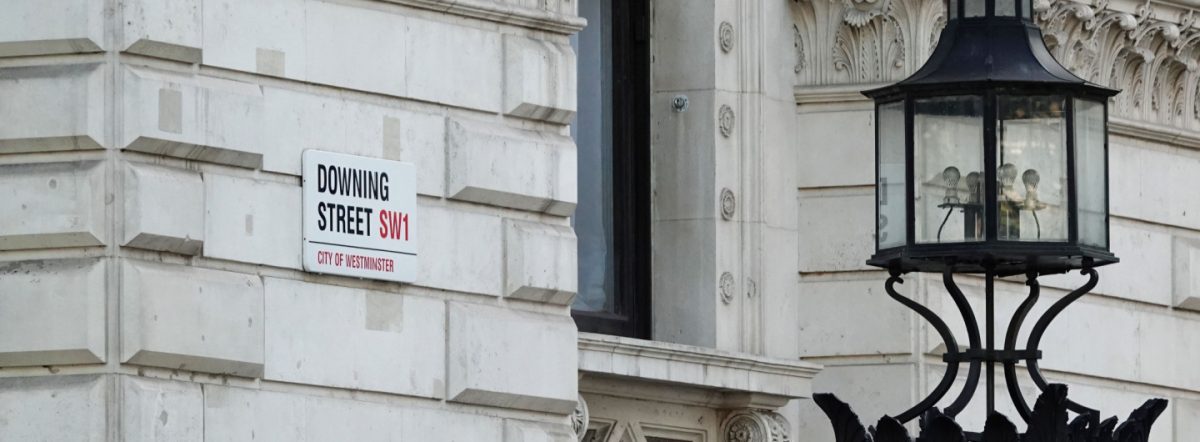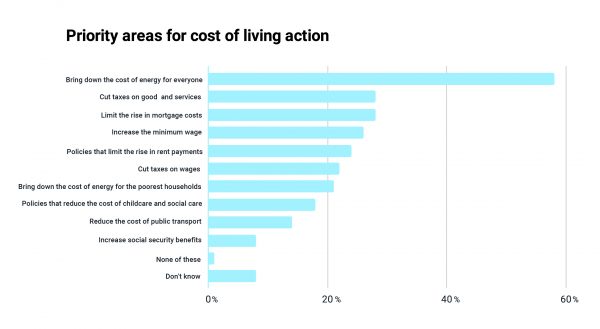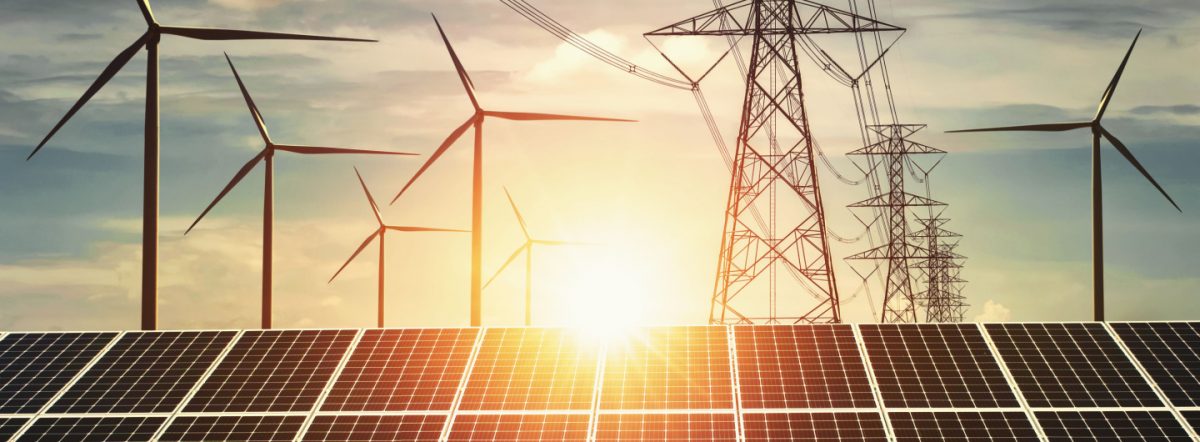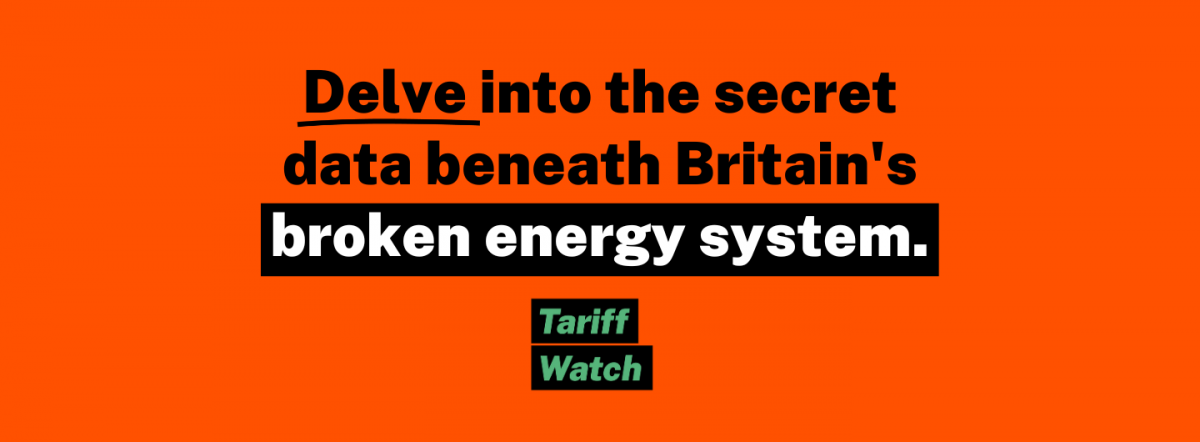Household energy suppliers could rack up £1.74bn in profits over the next 12 months from customers’ energy bills.
Over the previous six years, suppliers have seen the amount of profit they are allowed to make every year on the average customer on the variable tariff surge from £27 in spring 2017 to a high of £130 in early 2023. The figure currently sits at £60 per customer. [1]
With energy bills expected to remain close to current levels, the energy firms are set to continue to profit from so-called EBIT and headroom allowances in the price cap. [2]
The figures and predictions exclude any profits which firms may also make through Ofgem decisions relating to Covid and Ukraine allowances, which contributed to the recently announced high profits for British Gas and Scottish Power.
The figures come from the first Warm This Winter Tariff Watch report, produced in partnership with Future Energy Associates (FEA). The study has revealed the secret data behind Britain’s broken energy system. Campaigners plan to run the report quarterly as the energy crisis continues.
While energy prices are subject to change and customers should exercise extreme caution when thinking about switching and fixing, FEA experts forecast that there are some deals worth looking at for some households.
For example, from 1 July, some one year fixed price tariffs with a low exit fee (below £80) and unit charges of 6.5 p/kwh for gas (gas standing charge 29 p/day) and 30p/kwh for electric (electric standing charge 52 p/day) might be worth some high-use energy users considering switching to. [3]
The FEA experts predict that the current best variable deal could be with two different suppliers, Home Energy for gas and Fuse Energy for electricity which would save £93 a year for direct debit households when compared to the Ofgem Price Cap. [4]
Throughout the first few months of 2023 there were just 5 fixed tariffs available to small sections of the market. So far in July alone, this number has doubled, with 10 fixed tariffs newly available on the market.
In April 2023 there were 26 energy suppliers offering customers tariffs, which increased to 29 in July 2023.
A spokesperson for the End Fuel Poverty Coalition, which is part of the Warm This Winter campaign, commented:
“This report shines a light on the murky depths of Britain’s broken energy system. Without fundamental overhaul of the energy grid and energy tariffs, households will continue to lose out while suppliers will profit.
“Energy supplier profits predicted for the next 12 months could easily cover the cost of a ‘help to repay’ energy debt scheme and leave quarter of a billion pounds left over.
“But in addition to network reform and immediate support, we also need to see urgent and sustained action to reduce our reliance on high levels of energy consumption, such as improving the energy efficiency of homes, driving an increase in cheap renewables and a move away from the fossil fuel profiteers of the past.”
Tessa Khan, Director of Uplift, said:
“The government seems to think the energy crisis has gone away, but for millions of households this winter will be as hard as the last. For energy companies to be pocketing this money, when bills are still twice what they were and so many people are being pushed into energy debt, is completely unacceptable.
“People will rightly ask what this government has done over the past year and a half to fix Britain’s broken energy system and lower bills for good. Instead of looking after the bottom line of the big energy companies, it needs to help people save money with more support for insulation and get on with ramping up cheaper renewables. That’s the only way we’re going to see permanently lower energy bills.”
Dylan Johnson from Future Energy Associates added:
“Our report reveals that the retail energy market is experiencing swift changes: falling wholesale prices are influencing retail costs, more fixed tariffs are available, and new suppliers are entering with innovative tariffs. Yet, questions persist over the speed of these changes, supplier profiteering, and regulator’s role in promoting competitiveness. The emergence of competitive single-fuel deals, while exciting, may pose risks to households less vigilant of tariff prices.”
Another injustice highlighted in the Warm This Winter Tariff Watch report are regional variations in the cost of energy. The figures shine a light on those areas of the country who are losing out because of regional inequalities at the hands of suppliers and Distribution Network Operators (DNOs). On the standard variable tariff:
- Electricity: The average standing charge is 56.85 p/day (pence per day), and the average unit rate is 32.1 p/kwh (pence per kilowatt hour). Manweb, which covers Merseyside, North Wales and parts of Cheshire, has the highest standing charge for electricity at 65.8 p/day, while London has the lowest at 41.9 p/day. Seeboard (South East) had the highest unit rate at 33.2 p/kWh, and Yorkshire the lowest at 31.1 p/kWh.
- Gas: The average standing charge is 33.5 p/day, and the average unit rate fell by 27.7%. For gas, Scottish Power and Scottish Hydro have the highest standing charges of at 33.9 p/day (£124/year). For unit rates, Swalec (South Wales) is the most expensive region with average unit rates of 7.73p/kWh and East Midlands is the cheapest gas region with unit rates of 7.34p/kWh.
Further data on the impact of standing charges will be published in future Warm This Winter Tariff Watch reports, but overall electricity standing charges remained unchanged from April to July. There was evidence of some early moves from the likes of Fuse Energy to compete on electrical standing charges, but others such as Outfox the Market raised standing charges.
For the gas standing charges, there were no changes from April to July in any of the regions, it remained constant at 29.11 p/day. This is significant as households in July, August and September will still be paying record high standing charges.
Bethan Sayed from Climate Cymru commented:
“Regional variations in energy prices are one of the most unjust parts of Britain’s broken energy system and this report shows wild variations in cost from region to region. These figures shine a clear light on those areas of the country who are losing out. It is time for Ofgem to step in and investigate these discrepancies and provide more transparency on why these differences exist.”
ENDS
Notes to editors
This press release refers to England, Scotland and Wales only. For full details, methodology and sources, download the full report online: https://www.endfuelpoverty.org.uk/wp-content/uploads/FINAL-tariff_watch_final.pdf
[1] Ofgem have allowed profits (Earnings Before Interest and Taxes [EBIT] and the Headroom Allowance Percentage [HAP]) to increase because it’s a percentage of the total bill, which includes wholesale prices. In Q1 2023 (Jan, Feb, Mar), this was up to £130 annually per medium use customer household dual-fuel bill on a single rate, versus £27 in Q2 2017 (Apr, May, June) for the same customer. Profits have come down as wholesale prices have come down, in Q2 2023, this same customer was paying £98 – still an increase from 2017 of 263%. Other costs are already accounted for in the price cap rising. Values are from Ofgem’s historical cap levels data. All firms offering the Standard Variable Tariff (SVT) were permitted to make this level of profit from customers. Those energy firms that collapsed or posted losses will have done so due to wider customer acquisition coupled with risky hedging strategies or operating issues which negated the profit permitted under the SVT regime.
[2] Cornwall Insight energy bill predictions. Ofgem data shows the number of households on the standard variable tariff. Figure derived from the profit figure in [1] being extrapolated across all 29 million households. This is the level of profit permitted by the Ofgem licence conditions. Energy firms may make more money than this off fixed term tariffs and recent Ofgem allowances for Covid true up and Ukraine Wholesale Cost Adjustments. Equally, firms may declare less profit in annual reports, due to over-running costs in other areas or accounting measures. While energy bills are set to fall back slightly, equally Ofgem are looking to increase the permitted profit margin further, to as much as 2.4% from later in 2023.
[3] From 1 July, a tariff with an annual cost of less than £1,946 (gas unit rate 6.5 p/kwh, gas standing charge 29 p/day, electric unit rate 30p/kwh, electric standing charge 52 p/day) AND which has an exit fee of less than £80 might be worth switching to. This is for households that pay for their fuel through a direct debit and have average energy consumption. Other customers are advised to stay on variable tariffs for now. Advice provided in this press release should not be seen as formal financial advice. Energy prices are volatile and subject to significant changes at short notice. Ofgem updates its price cap calculations every quarter. Future Energy Associates advise that households who suspect they may be on overly expensive energy tariffs should explore alternative options on price comparison websites, consult with their energy suppliers, or seek guidance from consumer advocacy groups, such as Citizen’s Advice to determine the most suitable steps for them.
[4] Best tariff prices correct as of 25 July 2023. The energy market is constantly changing and customers should always check for the best deal based on their actual usage. The information on suppliers is solely a reflection on tariff prices and takes no other factors into account (e.g. customer service levels, support for vulnerable households etc). Households should always think before they fix.



